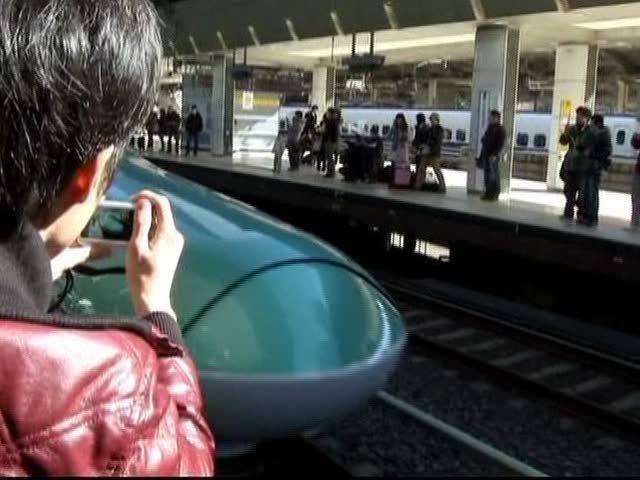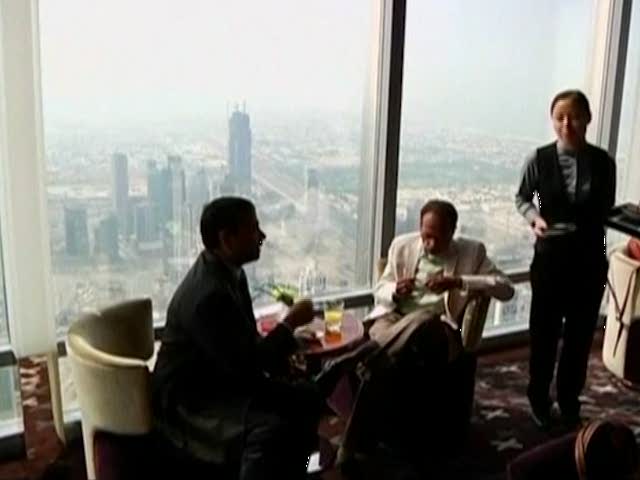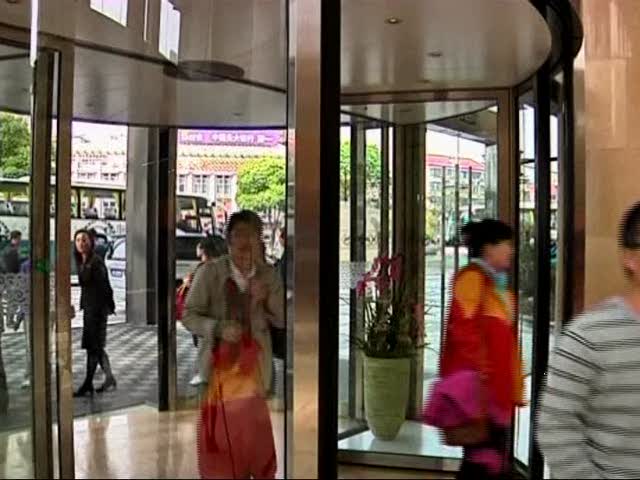Hungary's government has pushed through a law to undermine the independence of the central bank
Published:
30 November 2004 y., Tuesday
Hungary's government has pushed through a law to undermine the independence of the central bank. The clear intention is to force down central Europe's highest interest rates, even though the politicisation of monetary policy runs contrary to the principles of the euro zone – which Hungary is obliged to join. Yet it is unlikely to cause the country any more problems in its tortuous progress towards adopting the single currency.
The National Bank of Hungary (NBH, the central bank) said on November 24th it would challenge in the Constitutional Court a law passed by parliament to dilute the NBH's independence. Currently, the governor of the NBH and three deputy governors sit on the interest rate-setting Monetary Council; 3-5 other members are nominated by the governor and named by the state president with the approval of the prime minister.
Under the new law, approved on November 22nd, two deputy governors will lose their place on the Monetary Council, the governor will have the right to nominate four other members and the president will directly appoint the remainder (3-5). Because the government has backed away from dismissing any of the deputy governors immediately, all three will remain until their mandates expire in 2007. However, the government (formally the president) will have the right to appoint up to four members immediately. Assuming that this happens, the Monetary Council could have 13 members until 2007, when the number would fall to 11.
Šaltinis:
viewswire.com
Copying, publishing, announcing any information from the News.lt portal without written permission of News.lt editorial office is prohibited.
The most popular articles
 Most EU countries continue to meet deadlines for incorporating single market rules into national law, contributing to economic growth and job creation.
more »
Most EU countries continue to meet deadlines for incorporating single market rules into national law, contributing to economic growth and job creation.
more »
 Japanese officials unveil their new bullet train, capable of travelling at speeds of 320 km per hour (198 miles per hour).
more »
Japanese officials unveil their new bullet train, capable of travelling at speeds of 320 km per hour (198 miles per hour).
more »
 The first International Security Technology Exhibition, KIPS 2011, will be held on 23-26 February 2011 in Kiev (Ukraine). The motto of the exhibition is ‘There can never be too much security!’
more »
The first International Security Technology Exhibition, KIPS 2011, will be held on 23-26 February 2011 in Kiev (Ukraine). The motto of the exhibition is ‘There can never be too much security!’
more »
 The world's highest restaurant opens in Dubai, United Arab Emirates, located 400 metres above ground in Burj Khalifa, the world's tallest tower.
more »
The world's highest restaurant opens in Dubai, United Arab Emirates, located 400 metres above ground in Burj Khalifa, the world's tallest tower.
more »
 The rights of consumers will be clarified and updated, whether they shop at a local store or buy goods on line, under new EU rules as amended by the Internal Market Committee on Tuesday.
more »
The rights of consumers will be clarified and updated, whether they shop at a local store or buy goods on line, under new EU rules as amended by the Internal Market Committee on Tuesday.
more »
 MEPs on Wednesday gave their green light for the Council to conclude an Interim Economic Partnership Agreement with Papua New Guinea and Fiji, two countries of the Pacific Region with significant exports to the EU.
more »
MEPs on Wednesday gave their green light for the Council to conclude an Interim Economic Partnership Agreement with Papua New Guinea and Fiji, two countries of the Pacific Region with significant exports to the EU.
more »
 Report sets 10 priorities for tackling the bloc's main economic challenges, launching the first ever ‘European semester'.
more »
Report sets 10 priorities for tackling the bloc's main economic challenges, launching the first ever ‘European semester'.
more »
 China's first capsule hotel ready to open its doors in Shanghai, aims to capture slice of booming leisure budget travel market.
more »
China's first capsule hotel ready to open its doors in Shanghai, aims to capture slice of booming leisure budget travel market.
more »
 Declaration by Michel Barnier on the start of three new authorities for supervision.
more »
Declaration by Michel Barnier on the start of three new authorities for supervision.
more »
 On 1 January, Estonia adopted the euro as its official currency and the changeover is running smoothly and according to plan.
more »
On 1 January, Estonia adopted the euro as its official currency and the changeover is running smoothly and according to plan.
more »